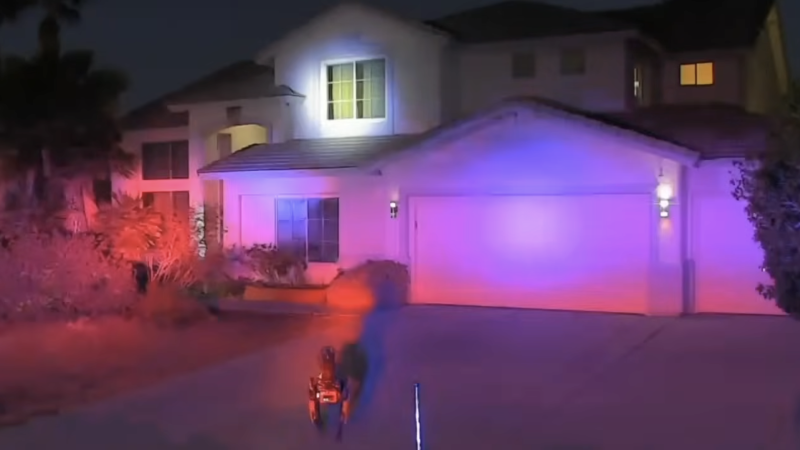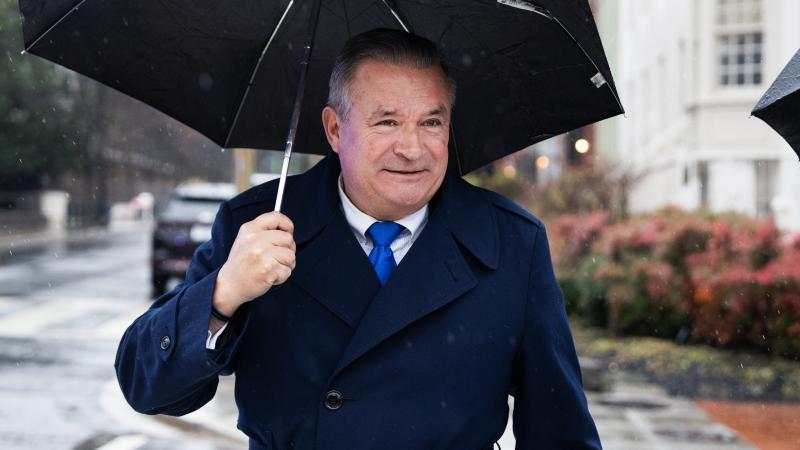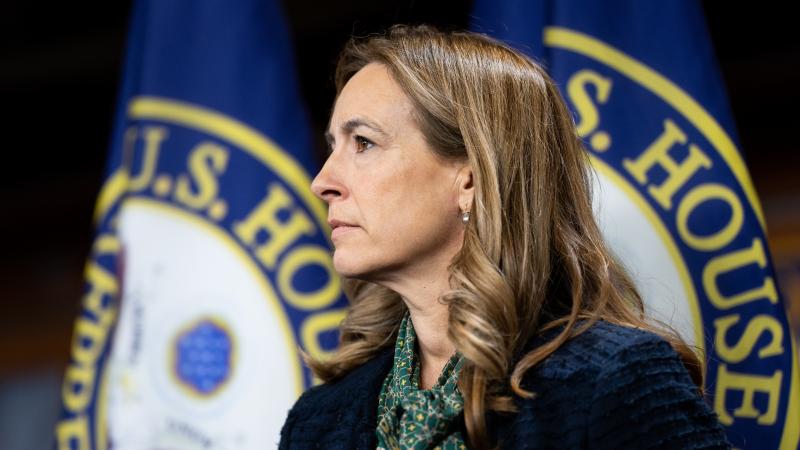'Simpsons' writer gets second shot at degree after court slams Harvard’s sex misconduct probe
University plausibly broke its rules by withholding Damilare Sonoiki's degree without charging him until after graduation, court finds.
Denied his Harvard diploma at graduation after last-minute sexual assault claims, a former TV writer and financial analyst is getting a second crack at securing his Ivy League degree nine years later.
The Boston-based 1st U.S. Circuit Court of Appeals reinstated Damilare Sonoiki's lawsuit against the university Tuesday, finding Harvard may have violated his "reasonable expectations" even if it followed the rules in its Administrative Board proceeding that found him responsible for sexual misconduct.
On the matter of his diploma, however, Sonoiki plausibly alleged Harvard violated its contract by withholding the degree before he had been formally charged, the three-judge panel found. The sexual-assault claims didn't stop Harvard from letting Sonoiki, the son of Nigerian immigrants, continue as Class Day speaker.
The court's unanimous opinion has some similarities to a recent ruling by the Colorado Court of Appeals, which itself joined the 10th Circuit in reinstating an expelled student's lawsuit against the University of Denver. Both emphasize private universities have obligations under state law beyond literal contractual language for disciplinary proceedings.
It also reflects longstanding internal criticisms of Harvard's sexual-misconduct proceedings. While Harvard was considering Sonoiki's appeal, 28 law faculty including Alan Dershowitz publicly accused the university of lacking “the most basic elements of fairness and due process” in a procedure that was "overwhelmingly stacked against the accused" and "in no way required by Title IX law or regulation."
Judge O. Rogeriee Thompson's opinion noted that Sonoiki's "steady upward trajectory … took a sharp downward turn" after three students who had "friendship and/or flirtation" with him in the past two years accused him of sexual assault in spring 2013.
Associate Dean Jay Ellison "personally encouraged" the first student to file a formal complaint and "pressure[d]" the second to join by citing the first, Sonoiki claimed. After graduation his ex-girlfriend joined, apparently convinced by the first, at which point "Harvard's adjudicatory wheels started cranking," wrote Thompson, who was nominated to the bench by President Obama.
Though Goldman Sachs hired him as the investigation was beginning, Harvard Business School withdrew Sonoiki's acceptance and "he missed out on a lucrative employment opportunity" when Goldman discovered he hadn't received his degree. (Harvard formally dismissed him in December 2014.)
Suing Harvard was on Sonoiki's mind soon after graduation, which led to a second downfall after he left Goldman to write for "The Simpsons" and "Black-ish." In 2018 he pleaded guilty to insider trading starting five years earlier, and later claimed he did so to fund his Harvard lawsuit.
Like the Colorado Court of Appeals, the 1st Circuit used state law to evaluate Sonoiki's claims. It did not accept Harvard's argument that its own rules allow the university to revoke degrees as it sees fit.
Because so-called Ad Board procedures refer to both a "charge" and a "case" triggering the withholding of a degree, which are "clearly identified as distinct concepts," the contractual language is "ambiguous on its face," the panel said. Sonoiki hadn't been charged, so it was plausible that he "reasonably expected" to get his diploma at graduation.
Thompson's opinion rejected Harvard's reading of 1st Circuit precedent on reasonable expectations in the absence of "specific provision[s] in the governing contract."
Sonoiki's expectations may be reasonable when "viewed objectively alongside the express terms of the contract" and are based on his "fair interpretation of the contract's provisions," the panel said.
The Ad Board's description of the "Board Rep" explicitly says this person does not "advocate for" an accused student, who is not allowed to attend the proceeding. But this "single blanket disclaimer" may be contradicted by other words: "represent," "speak on behalf of" and "clearly present the student's perspective."
Sonoiki also reasonably expected his rep to "respect some confidences" as a lawyer would, rather than report confidential information to the Ad Board, which actually happened, the opinion said. It did not matter that Harvard never explicitly promised confidentiality.
The procedures explicitly promise the rep will inform the accused student "about what each witness says during the interviews and share any information that comes to light from the interviews," so the fact that Sonoiki's rep hid the identities of witnesses is another possible violation.
Dean Ellison's "exertion of pressure" on the women to file complaints, and failures to follow other contractual language, are also plausible breaches of contract, the panel said. But it rejected Sonoiki's basic fairness claim, saying it was too far removed from Ad Board promises about fairness.
Harvard got other good news: The court upheld its contemporaneous evidence standard despite not being defined anywhere, which Sonoiki had argued made it "so vague and incomprehensible as to be unenforceable" as a contract.
The "sufficiently persuaded" standard was a major point of contention in a 1st Circuit oral argument last year. His lawyer Susan Stone compared it to a trio of judges telling a waiter to only bring them dessert if they were "sufficiently full."
Harvard countered that it was a non-"legalese" version of the "preponderance" standard, sometimes characterized as "50 percent plus a feather," which the Obama administration purported to impose on colleges through nonbinding agency guidance.
The Trump administration's Title IX rulemaking gave schools the option to use a higher evidence standard, known as "clear and convincing," used by schools including Princeton before its predecessor threatened to yank their federal funding if they didn't use preponderance.
It's not clear whether "sufficiently persuaded" is anything more than "perhaps a clunky … rephrasing" of preponderance, Judge Thompson wrote. She also faulted Sonoiki for not explaining how the Obama guidance was "legally binding."
"Obviously we're very pleased that we have the opportunity to litigate this matter," Stone told Just the News while declining to answer other questions. Harvard did not respond to queries.
The Facts Inside Our Reporter's Notebook
Videos
Links
- 1st U.S. Circuit Court of Appeals reinstated
- unanimous opinion
- expelled student's lawsuit against the University of Denver
- 28 law faculty including Alan Dershowitz
- insider trading
- fund his Harvard lawsuit
- 1st Circuit oral argument
- 50 percent plus a feather
- used by schools including Princeton















